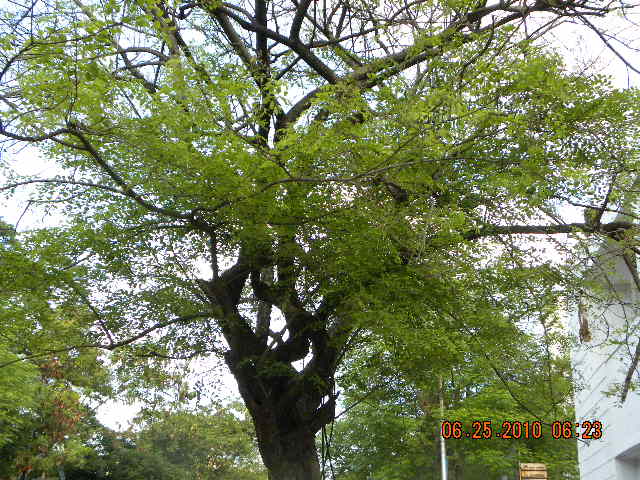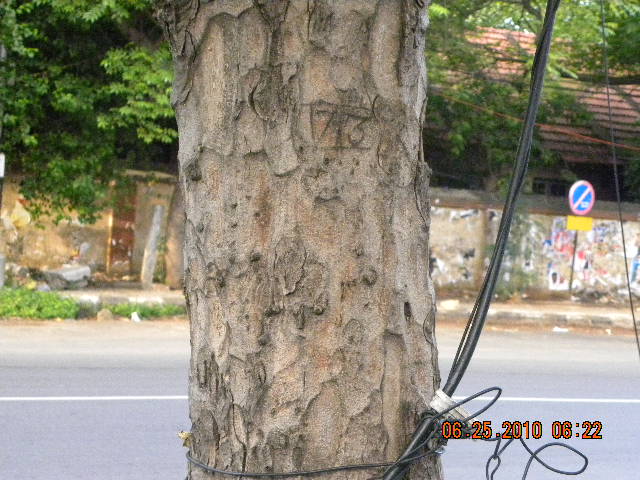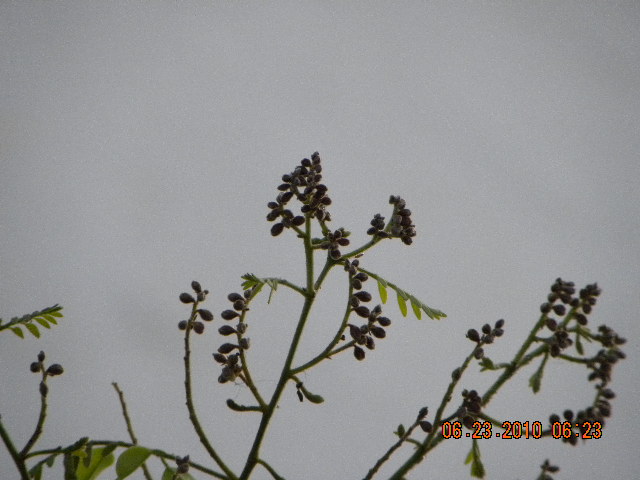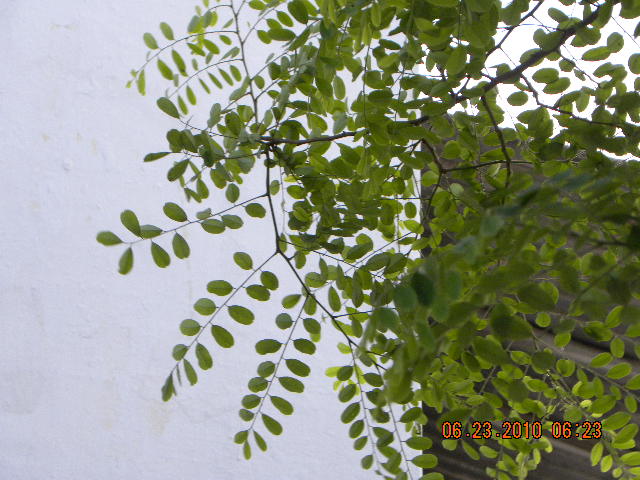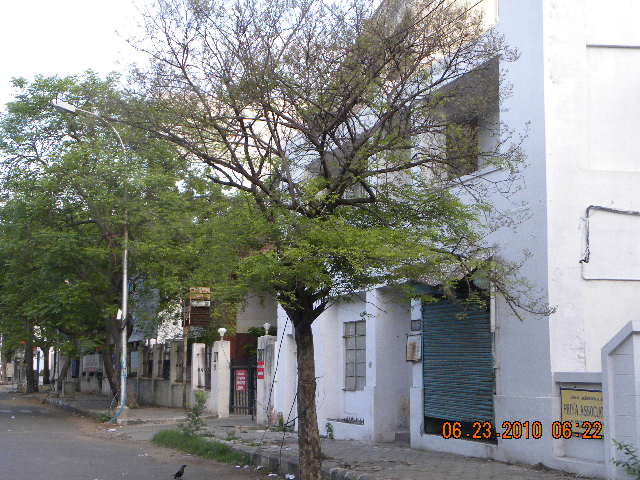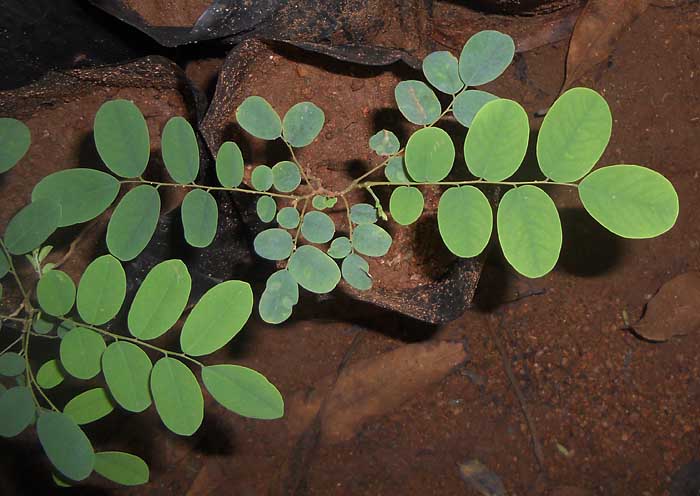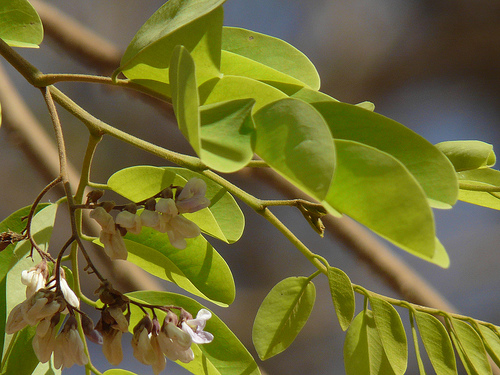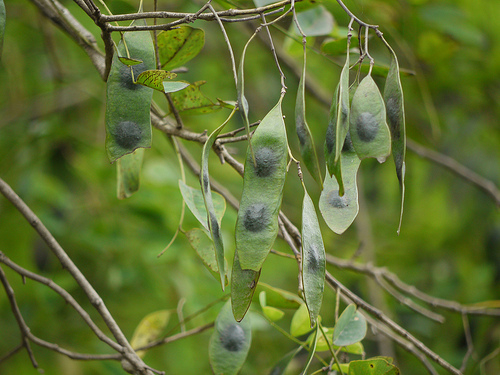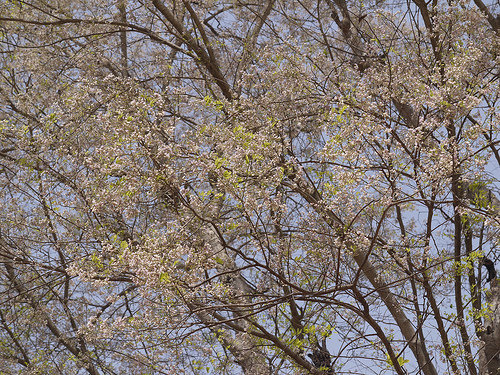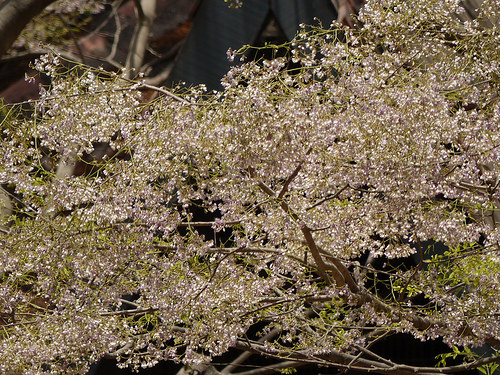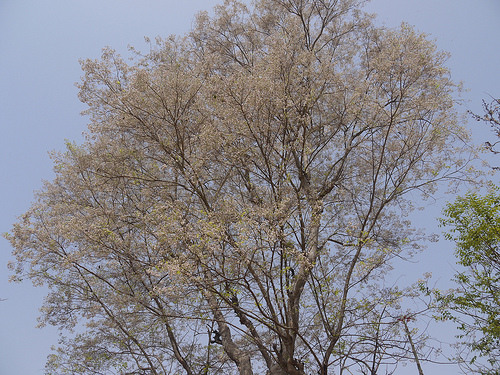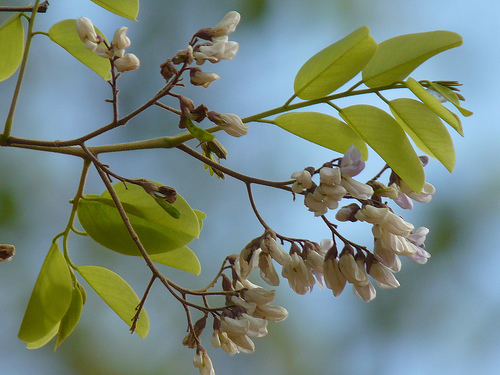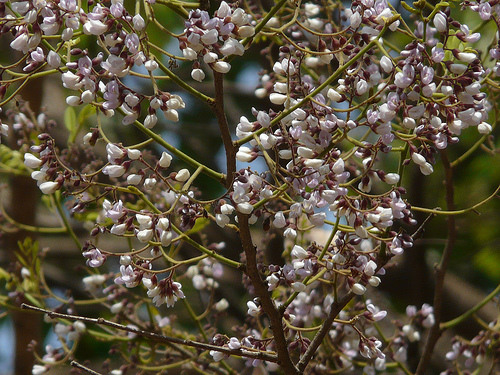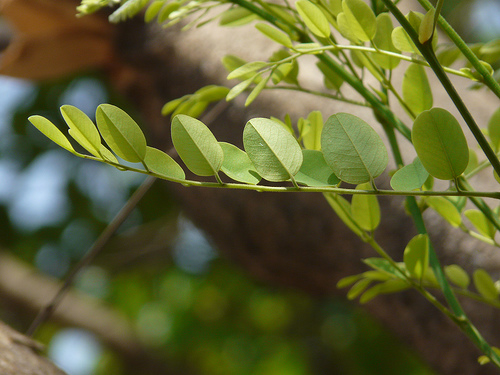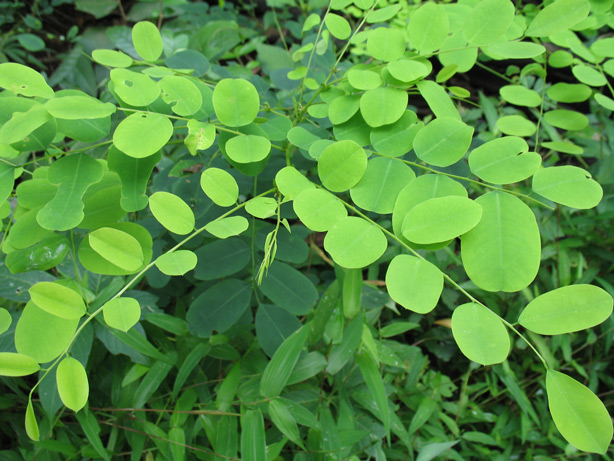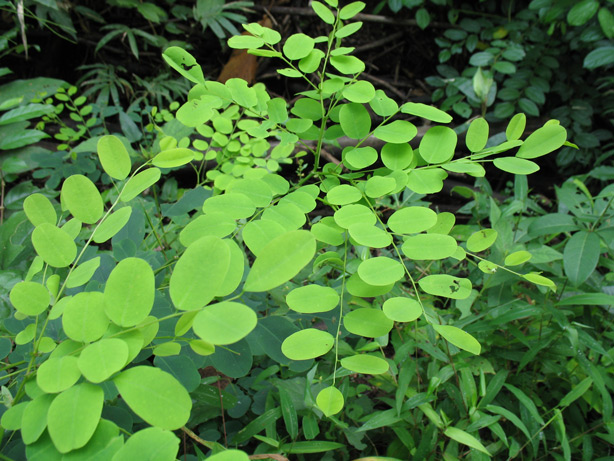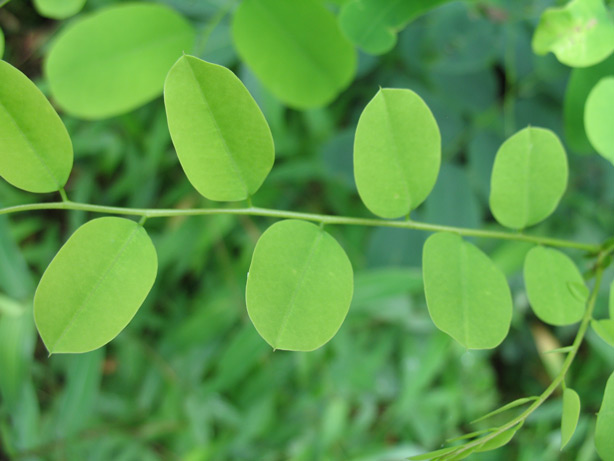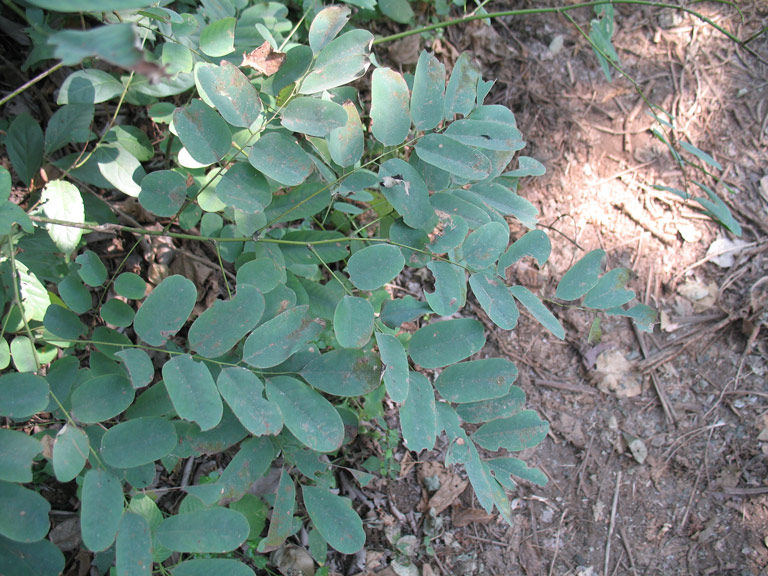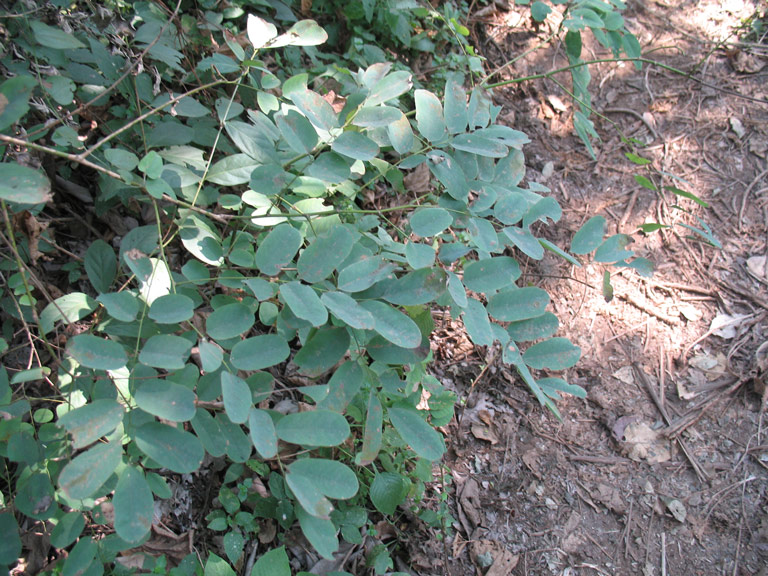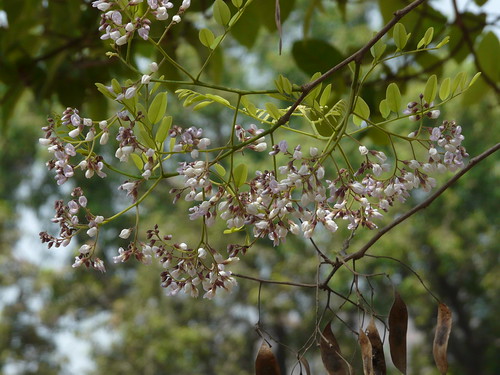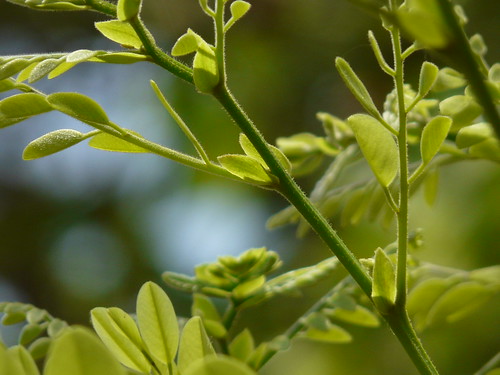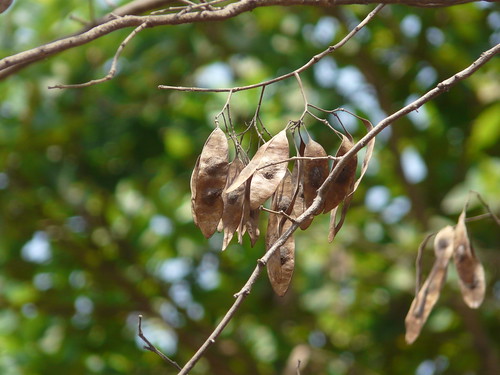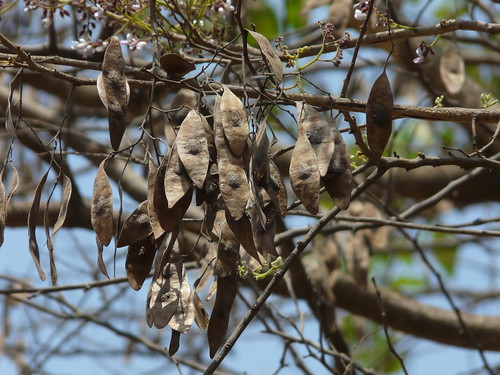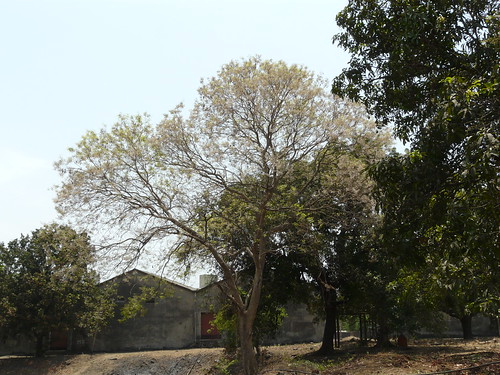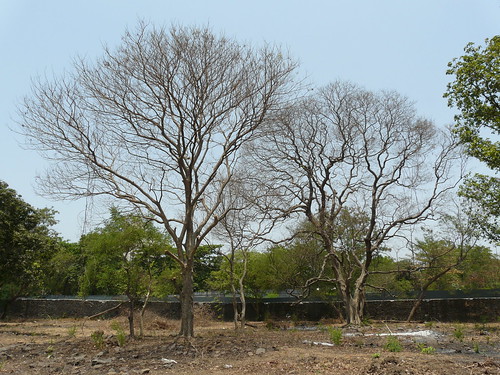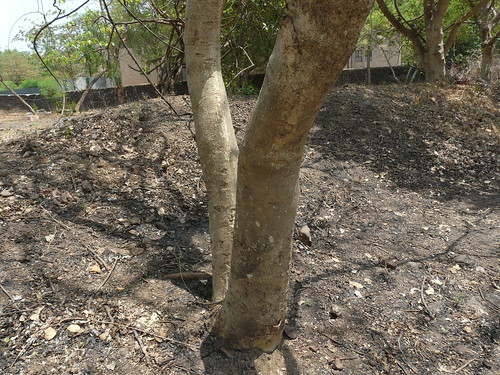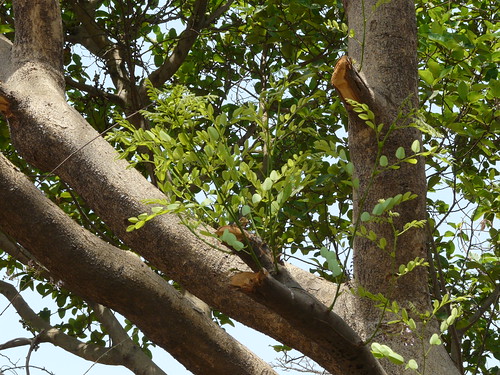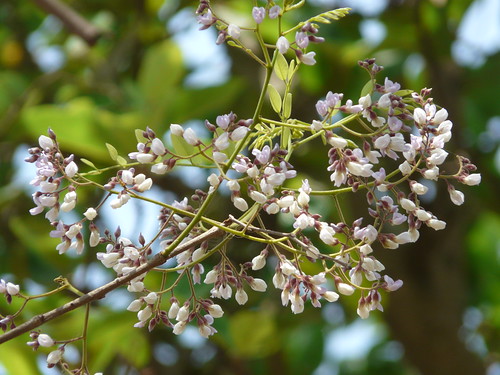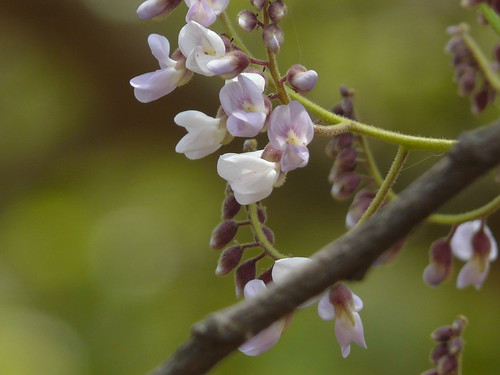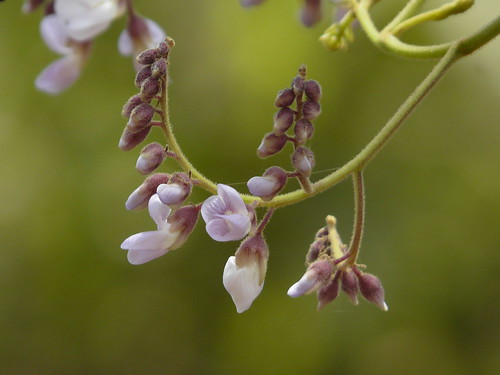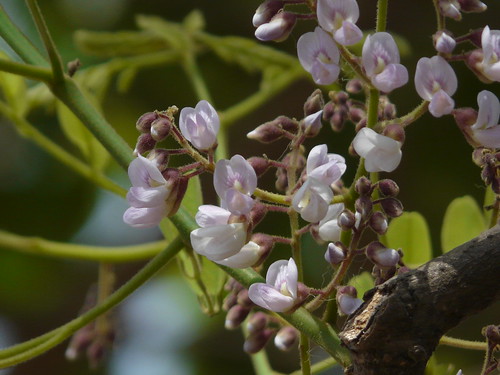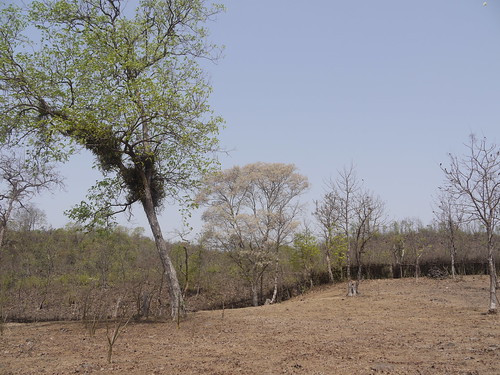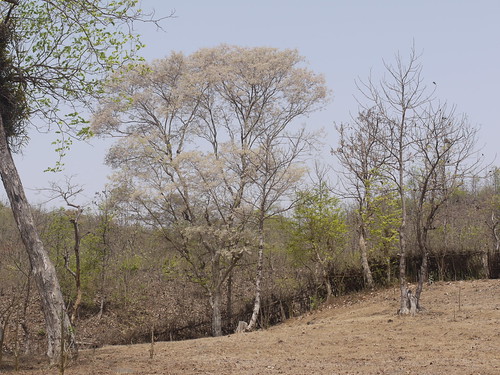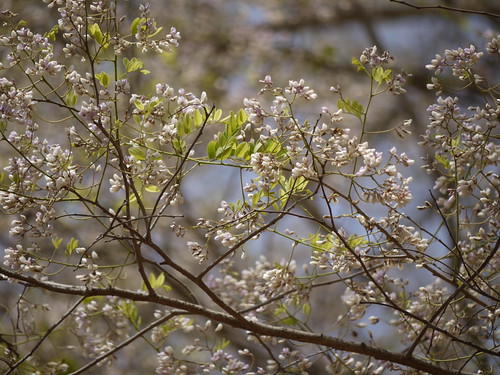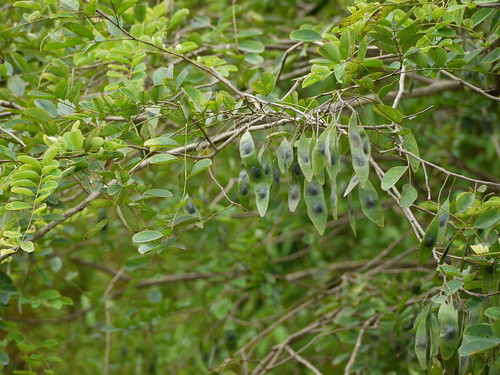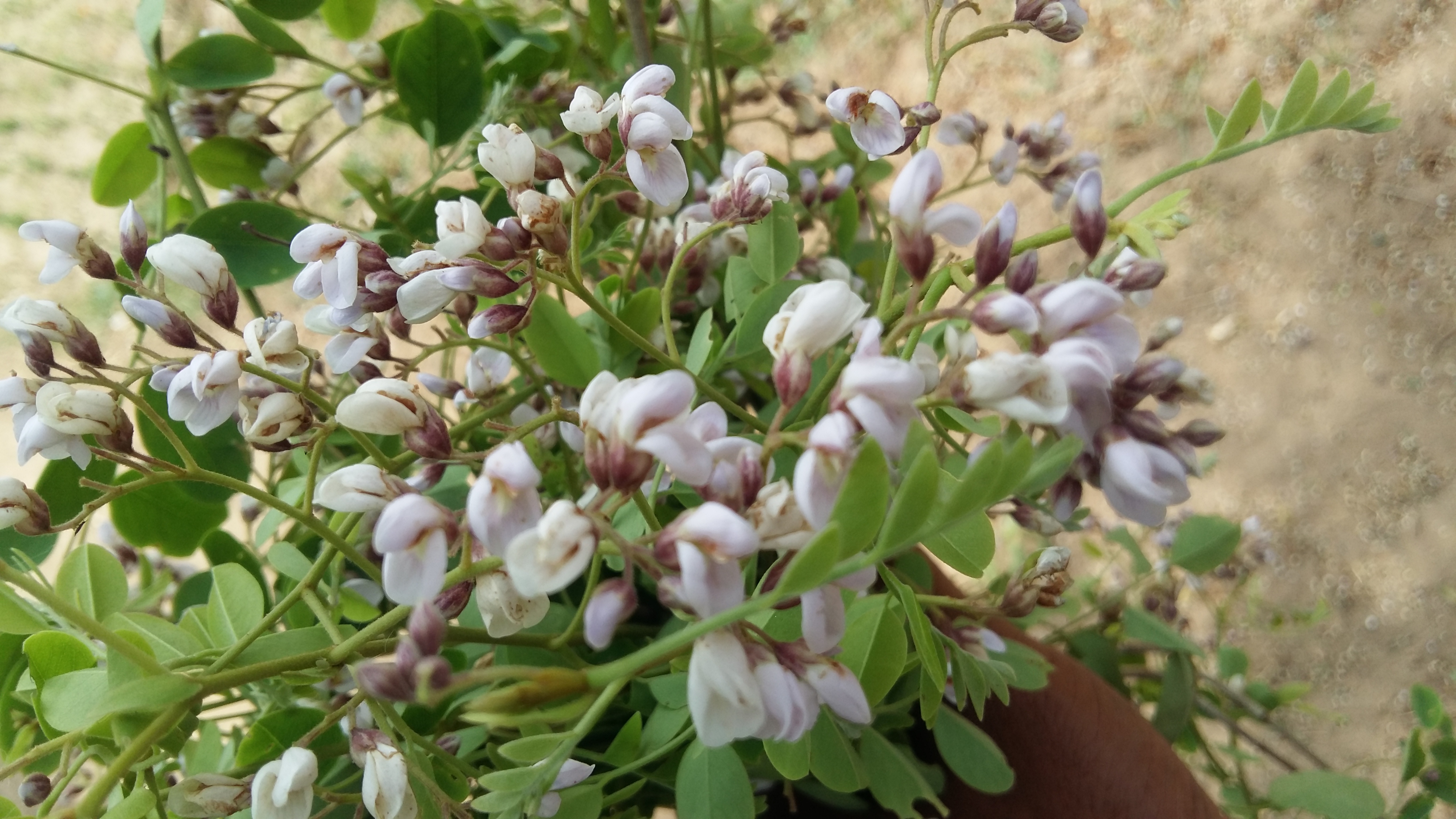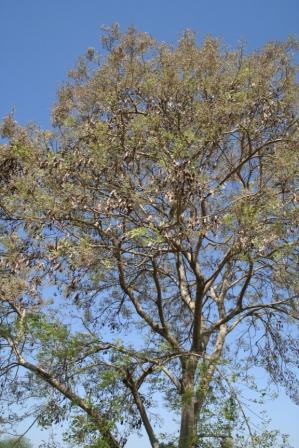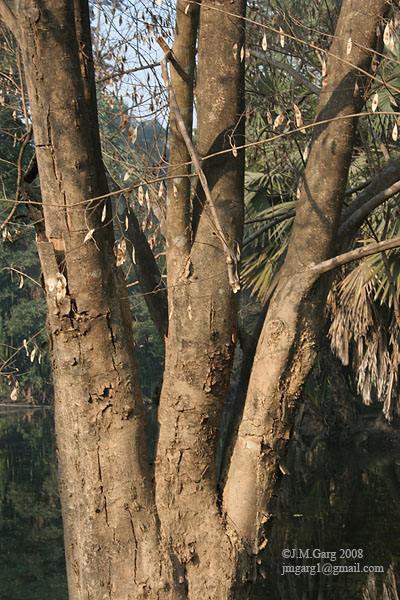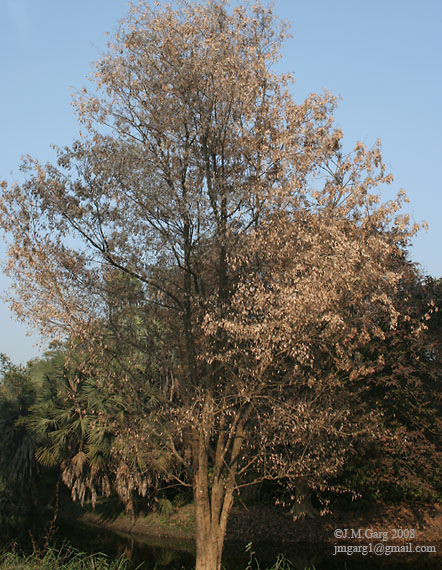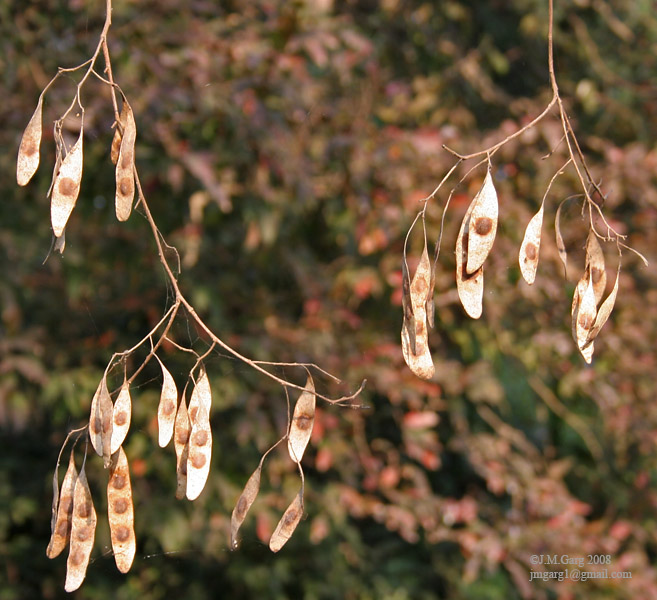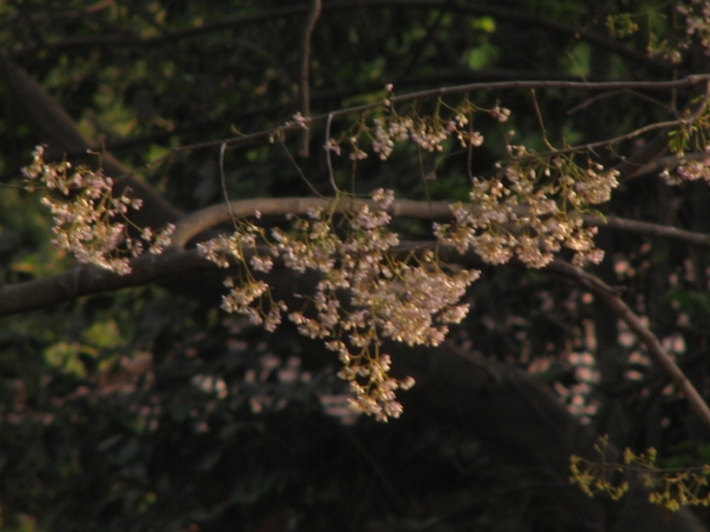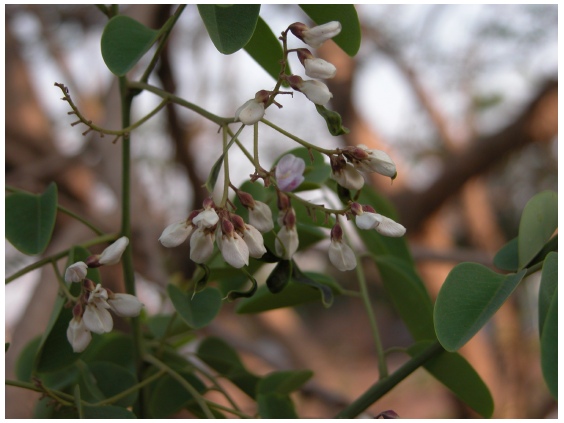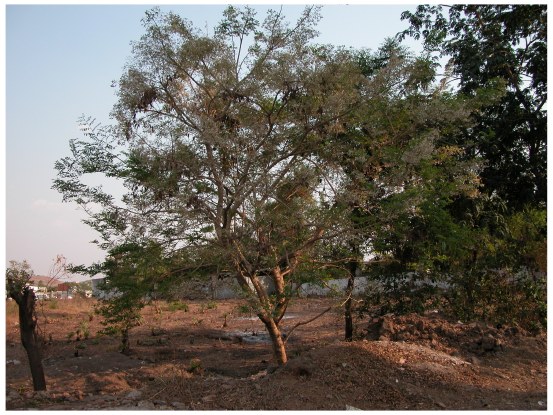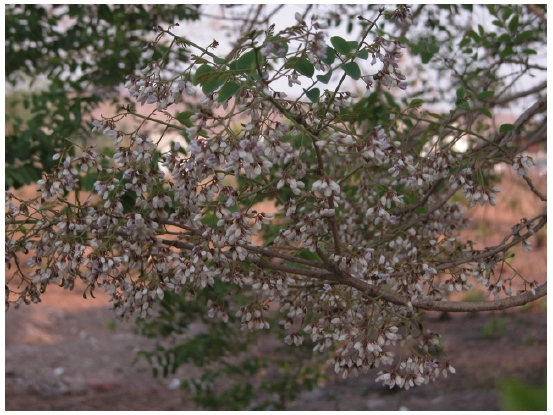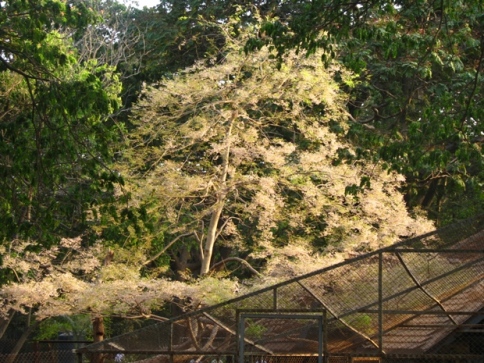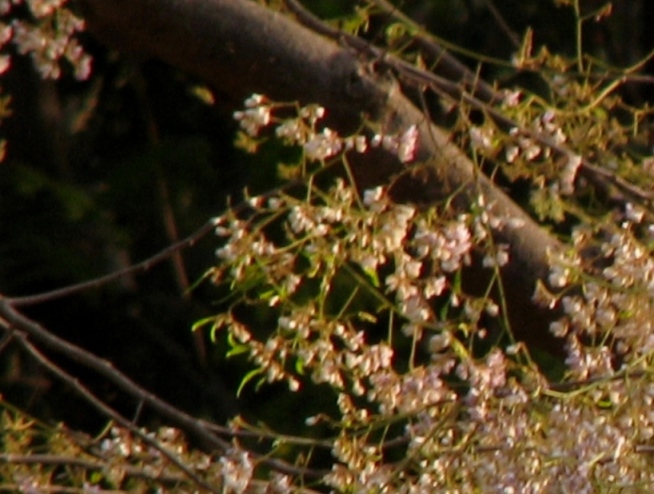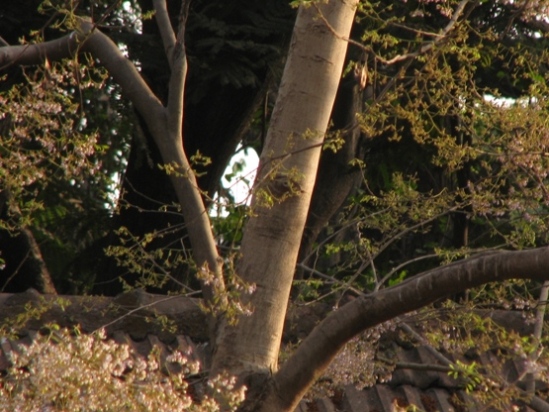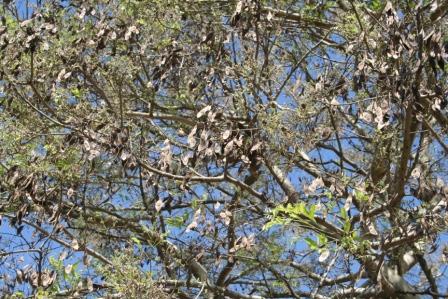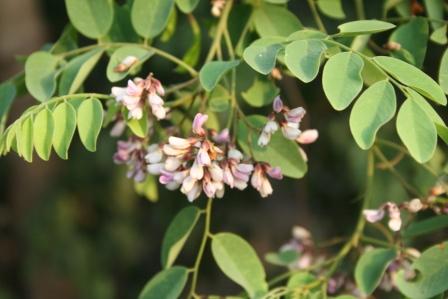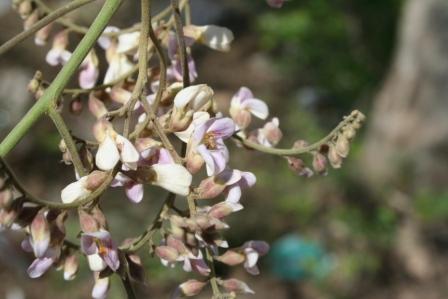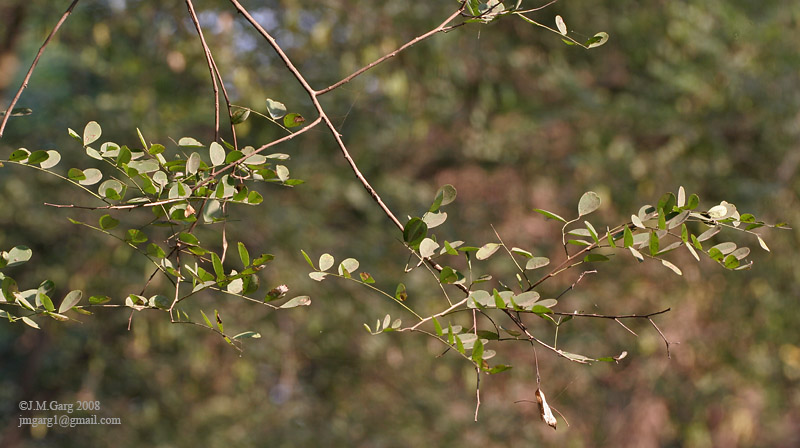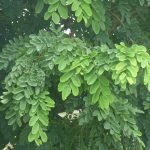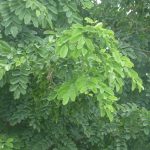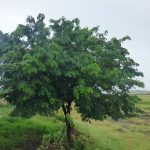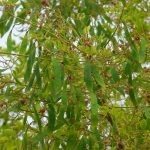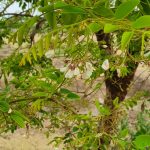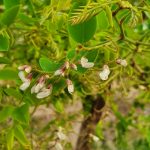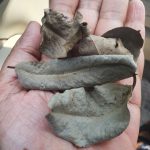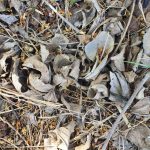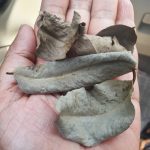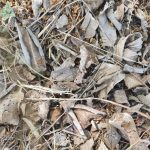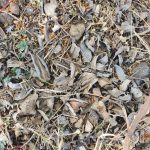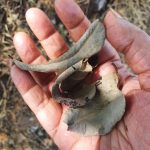|
Dalbergia lanceolaria L.f. (Syn: Amerimnon lanceolarium (L.f.) Kuntze; Dalbergia arborea B.Heyne; Dalbergia frondosa DC.; Dalbergia lanceolaria subsp. lanceolaria );
.
dal-BERG-ee-uh — for Nils & Carl Dahlberg, Swedish botanist and officer, respectively lan-see-oh-LAIR-ee-uh — lance-like . commonly known as: bastard rose wood • Assamese: meda-luwa, mouhit • Bengali: chakemdia • Coorgi: ಹಸರುಗೋಣಿ hasarugoni, ಶ್ವೇತ ಬೀಟೆ shweta beete • Gujarati: તણતોશી tantoshi • Hindi: हर्दी hardi, टाकोली takoli • Kannada: ಬಿಳಿ ಬಿಟೆ bili beete • Kolami: piri • Malayalam: കണ്ണന് വാക kannan vaaka, വെള്ളീട്ടി velliitti • Marathi: दोण्डुस dondus. फणशी phanshi • Mundari: birmunga, keadcadlomdaru • Oriya: dodilo • Rajasthani: barbat, passi • Sanskrit: गोरक्ष goraksha • Santal: chapot siris • Tamil: எரிகை erikai, காட்டுப்பச்சிலை kattuppachalai • Telugu: కొండపచారీ kondapachari, తెల్లవిరుగుడు tellavirugudu • Urdu: dandous . Native to: Indian subcontinent, Indo-China . India (N) ; Andhra Pradesh; Arunachal Pradesh; Assam ; Bihar ; Delhi ; Goa; Gujarat ; Haryana ; Himachal Pradesh; Jammu-Kashmir ; Karnataka; Kerala ; Madhaya Pradesh ; Maharashtra ; Manipur ; Meghalaya ; Mizoram ; Nagaland ; Orissa; Pondicherry ; Punjab ; Rajasthan; Sikkim ; Tamil Nadu ; Tripura ; Uttar Pradesh ; West Bengal & other countries as per ILDIS; .
D. lanceolaria subsp. lanceolaria has 11-17 leaflets not turning black when dry, and pink flowers, upper two calyx teeth obtuse lower three acute; whereas D. lanceolaria subsp. paniculata has 9-13 leaflets turning black when dry, and white flowers, all five calyx teeth acute.
. Id help please: 15 posts by 11 authors. Attachments (5). Leaves looks more like Adenanthera pavonina L. of Caesalpinaceae. I thought it could be a Dalbergia species! I was wondering (just guessing really) if it could be an Anogeissus.
I do know that it is not an Adenanthera pavonina—-these leaves are smaller.
It is not Dalbergia sissoo, which is the one Dalbergia I am familiar with.
I’ll get some more pics soon. Check Dalbergia lanceolaria ! Should match! it is not Adenanthera nor Anogeisus. even it is not Dalbergia lanceolaria, can be Chloroxylon sweitenia or some other Dalbergia species (not of these: D.lanceolaria, D.sisoo nor D. latifolia, D. paniculata) I Think it is Dalbergia lanceolaria L. f. bark, leaves, and flower buds give chance for Dalbergia lanceolaria L. f. For Adenanthera inflorescence in not supporting. The leaf pattern does look like Adenanthera but the inflorescence is certainly that of Dalbergia lanceolaria indeed. Must be D.lanceolaria only. Other species of D. have not been recorded in Chennai, except. D.sisso. Nepali Name : बाँदरे शिरिष Baandare Shirish Dalbergia lanceolaria:
Seedling of Dalbergia lanceolaria (Pasarganni in Telugu). Date/Time- August 2011 Location- Place, Altitude, GPS- Hyderabad Habitat- Garden/ Urban/ Wild/ Type- Potted seedling Plant Habit- Tree/ Shrub/ Climber/ Herb- Tree Height/Length- 5-6 inches Leaves Type/ Shape/ Size- Leaflets, oblong Tree for Id – 010512- from Pune:
Small tree of appx – 16-18 feet. Leaves- Compound ,abt 20 cm long. leaflets are stalked,alternate, ovate wid entire margins. Pods are oblong, flat with pointed tip and of dark green shade. Is it some Dalbergia sp. ? Yes Dalbergia lanceolaria Fabaceae-Faboideae (Papilionaceae) Week :: Dalbergia lanceolaria in northern Western Ghats: Dalbergia lanceolaria L.f. dal-BERG-ee-uh — for Nils & Carl Dahlberg, Swedish botanist and officer, respectively
lan-see-oh-LAIR-ee-uh — lance-like May 17, 2008 … at Tungareshwar Wildlife Sanctuary, Maharashtra
commonly known as: bastard rose wood • Assamese: meda-luwa, mouhit • Bengali: chakemdia • Coorgi: ಹಸರುಗೋಣಿ hasarugoni, ಶ್ವೇತ ಬೀಟೆ shweta beete • Gujarati: તણતોશી tantoshi • Hindi: हर्दी hardi, टाकोली takoli • Kannada: ಬಿಳಿ ಬಿಟೆ bili beete • Kolami: piri • Malayalam: കണ്ണന് വാക kannan vaaka, വെള്ളീട്ടി velliitti • Marathi: दोण्डुस dondus. फणशी phanshi • Mundari: birmunga, keadcadlomdaru • Oriya: dodilo • Rajasthani: barbat, passi • Sanskrit: गोरक्ष goraksha • Santal: chapot siris • Tamil: எரிகை erikai, காட்டுப்பச்சிலை kattuppachalai • Telugu: కొండపచారీ kondapachari, తెల్లవిరుగుడు tellavirugudu • Urdu: dandous Native to: Indian subcontinent, Indo-China some views:Apr 20, 2008 … near Yeoor Hills, Thane, Maharashtra May 17, 2008 … at Tungareshwar Wildlife Sanctuary, Maharashtra
Sep 28, 2009 … Saphale Ghat, Maharashtra
Apr 14, 2010 … along NH8 near Chinchoti, Maharashtra
May 9, 2010 … at Veermata Jeejabai Bhosale Udyan, Mumbai Wonderful set of pictures as always. Showing all characters– Compound leaves. Inflorescence etc. . IDENTITY: Plz id this wild plant: pa10 – 27oct2012: This is more likely to be Dalbergia lanceolaria. Some of my photographs of Breyna patens [the Cup & Saucer Plant] for comparison are available at this link
Plz id this plant: pa74 – 7jan2013: Tree for ID: 090313BM2 : Albizia species? I guess to be a Dalbergia sp? To me it looks like a Dalbergia sp. This is Dalbergia lanceolaria var. lanceolaria. My photographs of this are available at this link Looks like Dalbergia lanceolaria. But cannot tell the sub sps. / var. Requesting ID of this tree – Mumbai – October 2013 :: 15022014 :: ARK-07 : 4 posts by 3 authors. Attachments (4).
Requesting to please ID this tree captured in a cultivated garden in Mumbai in October 2013. Dalbergia sp. I’m guessing Dalbergia lanceolaria Thank you … and … for ID… Requesting ID of this tree – Pune zoo – May 2014 :: 04MAY2014 :: ARK-02 : 4 posts by 3 authors. Attachments (5).
Requesting to please ID this tree captured in the Pune zoo in May 2014.
I have also observed this tree in Mumbai planted along roadsides. I think it may be a Fabaceae member. This is Dalbergia laneolaria var. laneolaria. My photographs of this are available at this link Fabaceae (Faboideae) Fortnight :: Dalbergia lanceolaria ssp. lanceolaria :: Thane :: DVOCT50 : 1 post by 1 author. 14 images.
Dalbergia lanceolaria ssp. lanceolaria
at Thane on April 20, 2008
Fabaceae (Faboideae) Fortnight :: Dalbergia lanceolaria ssp. lanceolaria :: Thane, Mumbai :: DVOCT51 : 1 post by 1 author. 9 images.
Dalbergia lanceolaria ssp. lanceolaria
along Saphale Ghat on September 28, 2009 at NH No. 8 near Chinchoti on April 14, 2010
at Veermata Jijabai Bhonsale Udyan on May 9, 2010 Tree For ID : Lalbagh,Bangalore : 11APR16 : AK-7 : 07/07 : 8 posts by 3 authors. Attachments (5)
A medium sized tree seen last month at Lalbagh on 30th Mar. No flowers, only a few pods.
Dalbergia Species? Dalbergia species in eFloraofindia (with details/ keys from published papers/ regional floras/ FRLHT/ FOI/ Biotik/ efloras/ books etc., where ever available on net) Adding a picture of the bark and a close up of the leaves where a notch at the tip of the leaves is seen. Please check for Dalbergia foliolosa. But I am not sure. Dalbergia lanceolaria ssp. lanceolaria 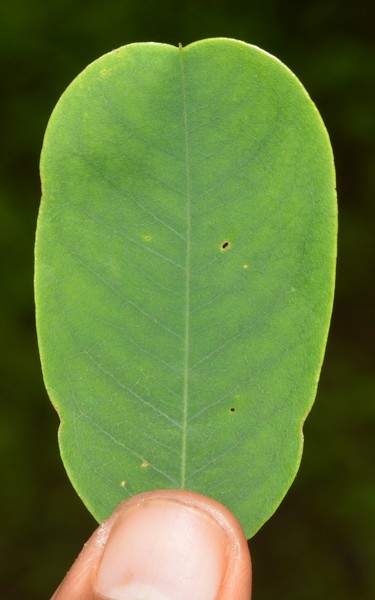 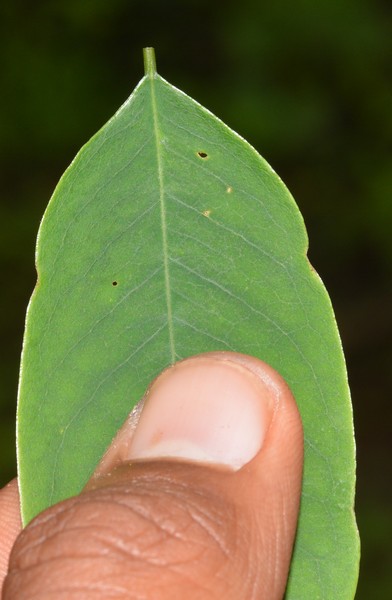 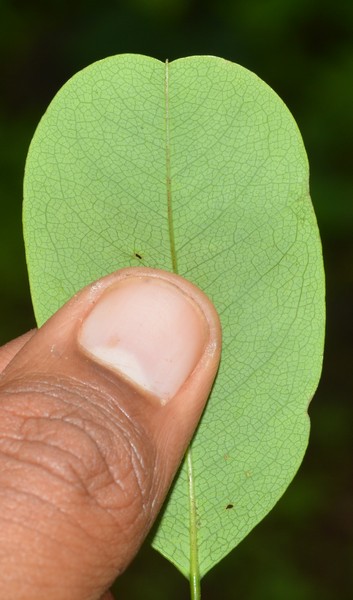 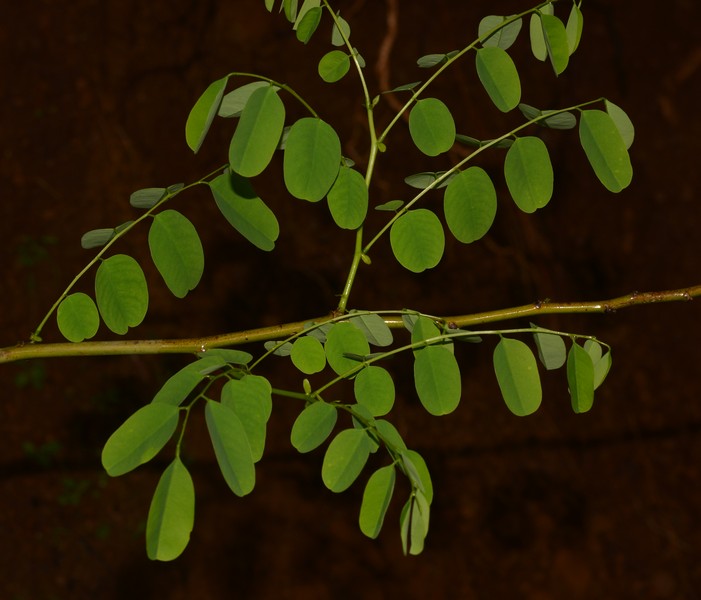 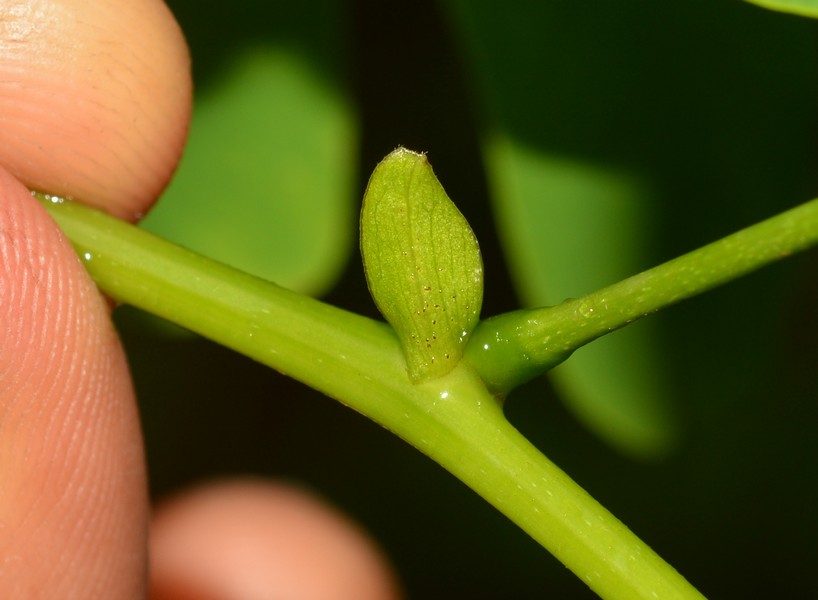 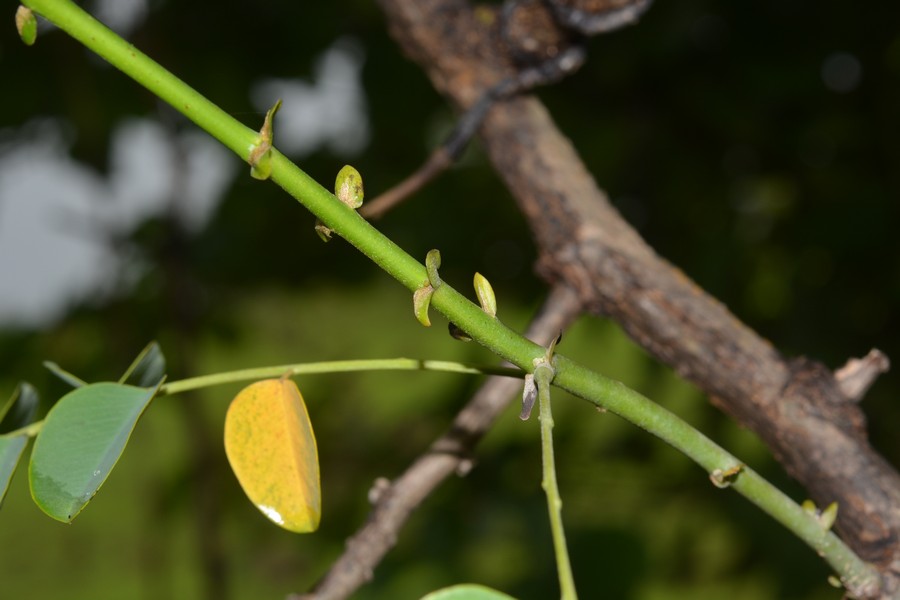 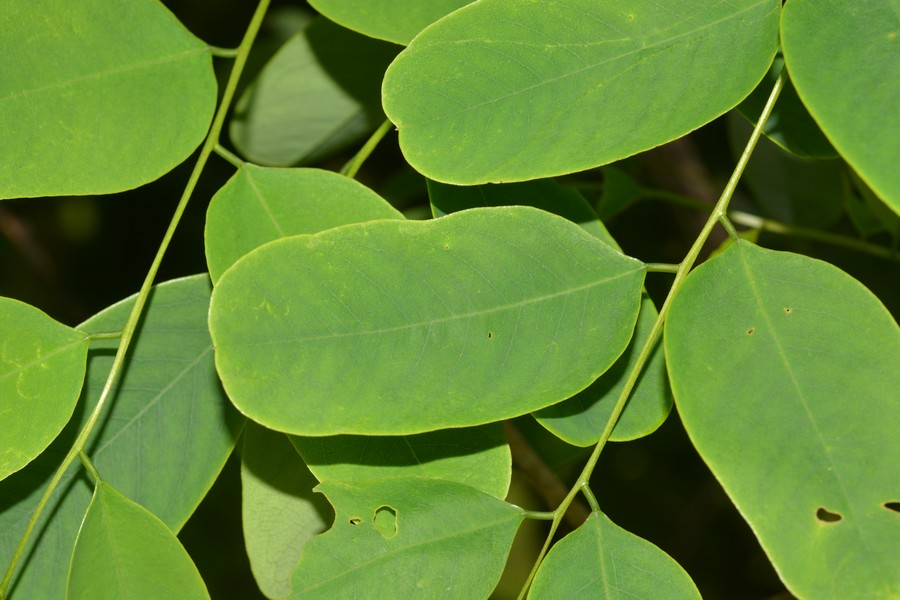 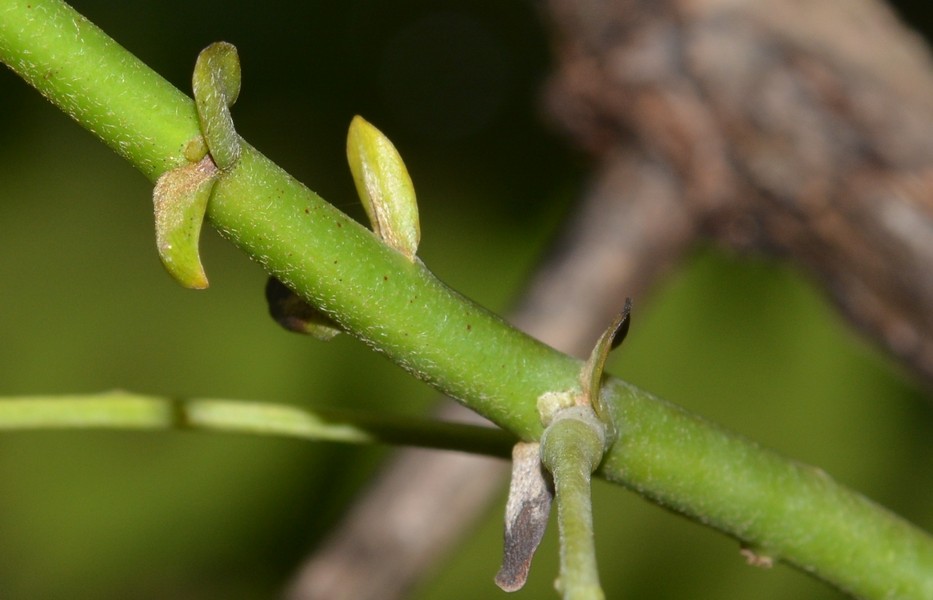 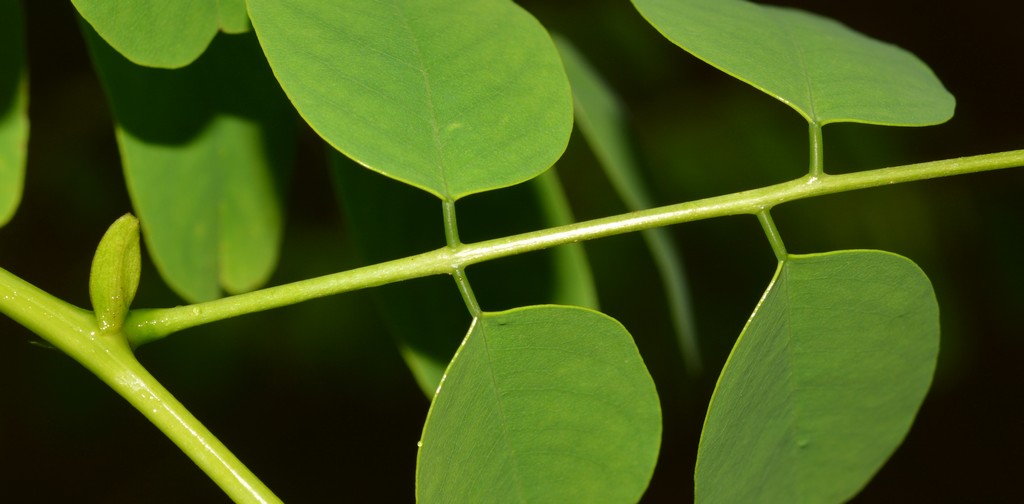 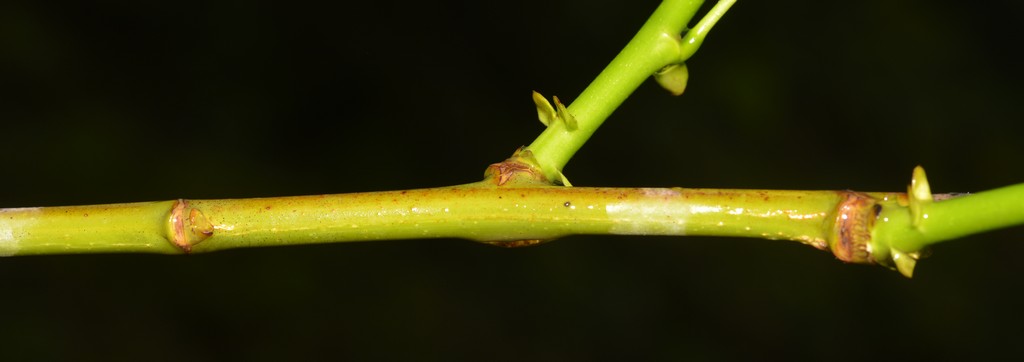 GRAM 2016 Could this be Dalbergia? : 5 posts by 2 authors. Attachments (10) Pictures were taken at Kasara, Maharashtra in July 2016 Great details. Thanks, … Pl. check Dalbergia lanceolaria & Dalbergia lanceolaria subsp. paniculata
Dalbergia species in eFloraofindia (with details/ keys from published papers/ regional floras/ FRLHT/ FOI/ Biotik/ efloras/ books etc., where ever available on net) This should be Dalbergia lanceolaria L.f. Dalbergia (Fabaceae) for identification MK Dec-04 : 6 posts by 4 authors. Attachments (8)
Please help me to identify this Dalbergia sp. tree. The bark is white in colour; pods up to 10 cm long.
The tree grows up to a height of 15 metre.
Habitat: Riverine
Local Name: Weldring (somewhat Kannada)
Date: 19 Sep 2014
Location: Sathyamangalam RF, TN
Alt.: 850 M ASL Dalbergia species in eFloraofindia (with details/ keys from published papers/ regional floras/ FRLHT/ FOI/ Biotik/ efloras/ books etc., where ever available) Dalbergia latifolia ? Most probably it is Dalbergia latifolia. The photographs are not clear. More likely Dalbergia lanceolaria efi page on Dalbergia lanceolaria I also think matches with images at Dalbergia lanceolaria L.f. rather than at Dalbergia latifolia Roxb. Id _ranjit _ludhiana -5/2 : 7 posts by 4 authors. Attachments (2) Nice images. If you have any other image, pl. post.
Attachments (3)
This appears to be Dalbergia lanceolaria L.f. [Fabaceae / Leguminosae].
Dalbergia lanceolaria var lanceolaria
Dalbergia lanceolaria – efloraofindia | Google Groups Pl. check comparative images at Cassia
The third one 693 is Dalbergia lanceolaria;.
. 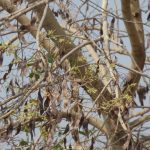 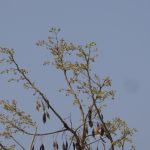 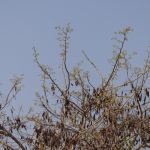 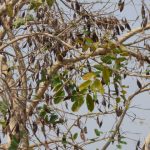 Tree for ID : Nasik : 30MAR21 : AK-14: Tree seen with tiny flowers and dried pods. Probably growing wild. Dalbergia paniculata Although images are too small to see much details, I think they are closer to Dalbergia lanceolaria compared to Dalbergia lanceolaria subsp. paniculata Adding the original images one by one, in case you would like to see the details. Same doubts as expressed by … Clear pictures are needed. I think more closer to images at Dalbergia lanceolaria I will try taking more pictures when I visit the place. Dalbergia paniculata Yes, to me too it is Dalbergia paniculata May I request to check these the following keys as I am unable to decipher from submitted details: Flower colour in both is variable, otherwise the keys seem correct. You are right details are not seen in these images.
My guess is based on the overall look of the tree from field experience. I will look for more details whenever I visit that place again and update this post with more images. 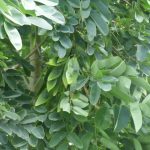 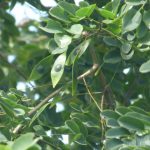 Was lucky to see the green pods yesterday (20.9.21). Due to strong winds, I could not get very clear pictures. This may be Dalbergia lanceolaria as per keys herein, as the leaflets appear to be 13 and 15 on some leaves which I could make out. I will specially photograph the leaves and update at the earliest. please observe dried leaves beneath the tree if possible. Do they turn black on drying or not?. The tree has all new leaves now. Let me check if the fallen ones are still there and get back to you.
I had visited the place today.
Have taken some pictures of the leaves. Adding the images.
Hope these will help.
6 images. These dry leaves don’t appear to be really blackish in the photos. I have clicked pictures of the fresh leaves as well.
Will post them if required. . Dalbergia lanceolaria L.f. :: Thane, Maharashtra :: Apr 20, 2008 · JUN23 DV510: 2 images. . Dalbergia lanceolaria L.f. :: Thane, Maharashtra :: Apr 20, 2008 · JUN23 DV515: 4 images. . Dalbergia lanceolaria L.f. :: Thane, Maharashtra :: Apr 20, 2008 · JUN23 DV519: 12 images. Dalbergia lanceolaria L.f.
Thane, Maharashtra :: Apr 20, 2008 · 11:34 AM IST :: about 11 m (36 ft) asl
Many thanks to Radha Veach for validating the ID at iNaturalist . Dalbergia lanceolaria L.f. :: Chinchoti, Thane district :: Apr 14, 2010 · JUN23 DV565: 5 images. Dalbergia lanceolaria L.f.
Chinchoti, Thane district :: Apr 14, 2010 · 11:14 AM IST :: about 5 m (16 ft) asl
Many thanks to Radha Veach for validating the ID at iNaturalist . References:
|
Dalbergia lanceolaria
Updated on December 24, 2024

